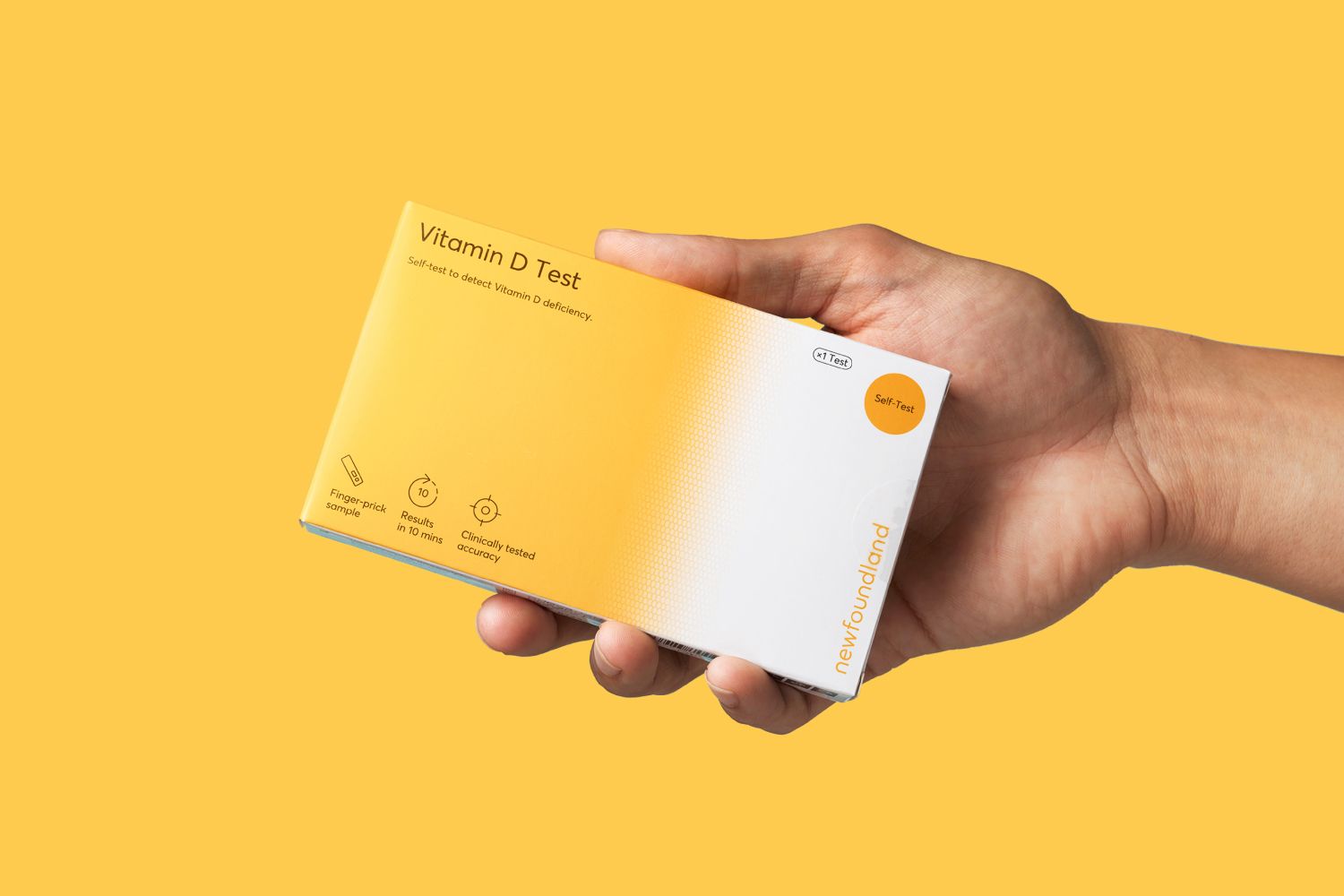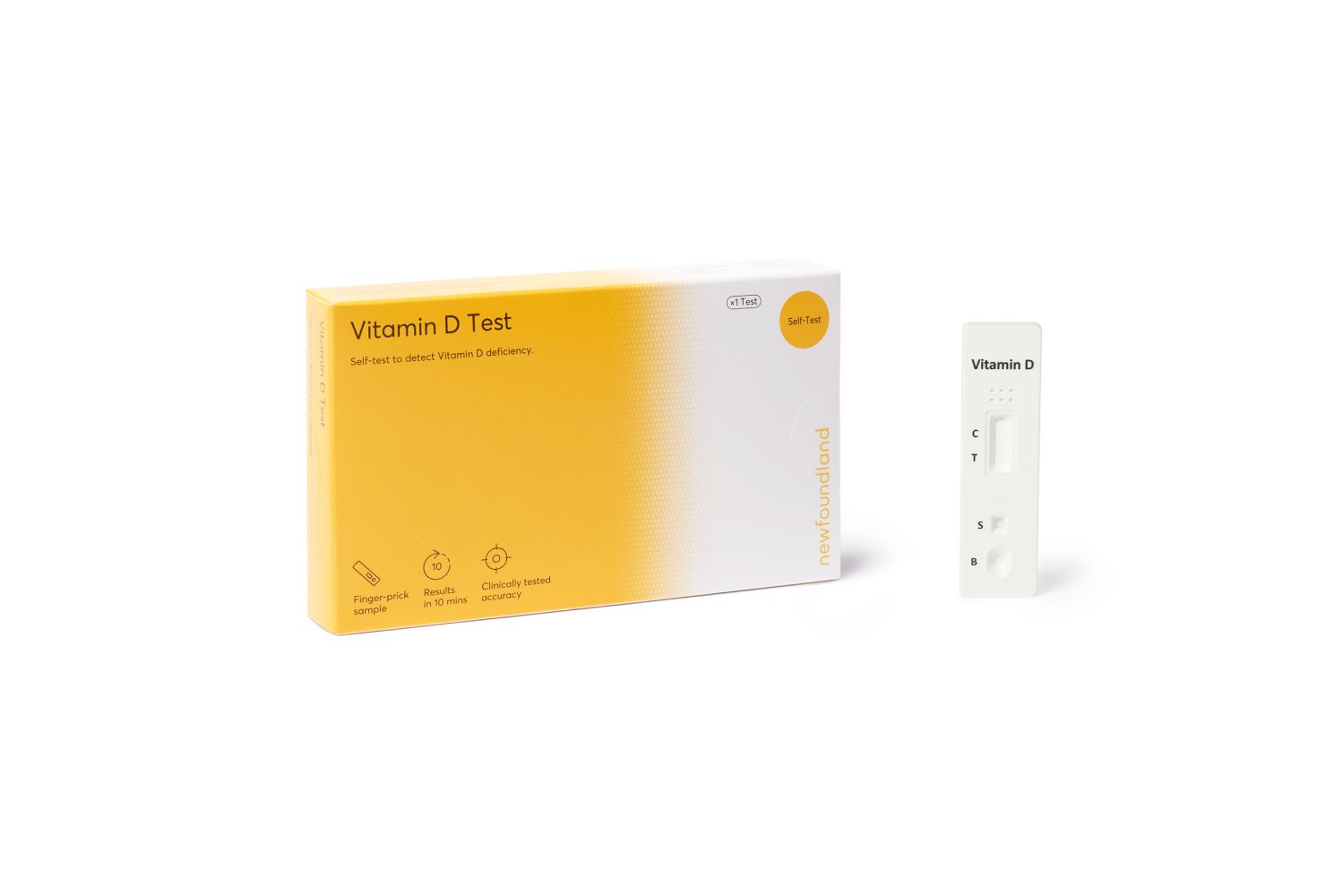Vitamin D, often dubbed the "sunshine vitamin", is crucial for maintaining overall health and well-being. Despite its importance, vitamin D deficiency is a widespread issue globally and in the UK. In this blog we’ll cover the essentials of vitamin D, including why we need it, how we get it and how much we need.
Why We Need Vitamin D
Vitamin D plays several critical roles in the body:
- Bone health: it promotes calcium absorption in the gut - without sufficient vitamin D, bones can become thin, brittle or mis-shapen.
- Immune function: vitamin D modulates the immune system, enhancing pathogen-fighting effects and reducing the risk of infections.
- Muscle function: adequate vitamin D levels are necessary for maintaining muscle mass and for the prevention of muscle atrophy (wastage), reducing the risk of falls and fractures, particularly in the elderly.
- Inflammation reduction: vitamin D has anti-inflammatory properties that can reduce muscle inflammation.

Sources of Vitamin D
While sunlight is a primary source, vitamin D can also be obtained from certain foods and supplements:
Sunlight
- The easiest way! Regular exposure to sunlight (5-30 mins, twice a week) is often sufficient for many people, but factors like geographic location, skin pigmentation, sunscreen use, and time spent indoors can impact synthesis. It is important that this is direct sunlight falling on your skin (not through windows or clothing).
Foods
- Fatty fish: salmon, mackerel and sardines are rich sources.
- Fortified foods: milk, orange juice and cereals often have added vitamin D.
- Egg yolks and beef liver: these contain smaller amounts.
Supplements
- Vitamin D2 and D3 supplements can help maintain adequate levels, especially in individuals at risk of deficiency.

How Vitamin D is Made in the Body
Vitamin D is unique because it can be synthesised by the body when the skin is exposed to sunlight, specifically ultraviolet B (UVB) rays. Here’s how it works:
- Skin exposure to sunlight: when UVB rays from the sun hit the skin, a chemical reaction occurs, converting cholesterol into previtamin D3.
- Conversion to active form: previtamin D3 undergoes further conversion in the liver before the kidneys convert this to the active form.

How Much Vitamin D Do We Need?
The amount of vitamin D needed varies by age, sex, and life stage. General recommendations for daily intake are as follows:
- Infants (0-12 months): 8.5-10 mcg (340-400 IU)
- Children over 1 & adults (including pregnant & breastfeeding women): 10 mcg (400 IU)
Vitamin D Deficiency
Globally
Vitamin D deficiency is a global health issue, affecting approximately 1 billion people. The prevalence varies widely by region, with higher rates in areas with limited sunlight exposure and among populations with darker skin tones.
In the UK
In the UK, vitamin D deficiency is common, particularly during the winter months when sunlight is scarce. According to Public Health England, about 1 in 5 people have low vitamin D levels. Certain groups are at higher risk, including:
- Older adults: reduced skin synthesis and dietary intake.
- Ethnic minorities: higher melanin levels reduce skin's ability to produce vitamin D.
- Pregnant & breastfeeding women: increased demand for vitamin D.

Testing for Vitamin D Deficiency
Detecting vitamin D deficiency is straightforward with a simple finger prick blood test. The Newfoundland Vitamin D Deficiency self-test is an accurate at-home testing kit making it even easier to check your vitamin D status without visiting your doctor.
Here’s how it works:
1. Sample collection: the kit includes a lancet to prick your finger and collect a blood sample.
2. Sample application: add the collected blood sample and a few drops of buffer solution to the test cassette.
3. Results: Results will be available after 10 mins, letting you know if your vitamin D levels are deficient, insufficient, sufficient or excess.

Conclusion
Vitamin D is essential for maintaining bone health, supporting immune function and reducing inflammation. Despite its importance, deficiency is widespread globally and within the UK. Ensuring adequate vitamin D intake through sunlight exposure, diet and supplements is crucial. Regular testing can help monitor and maintain optimal vitamin D levels.